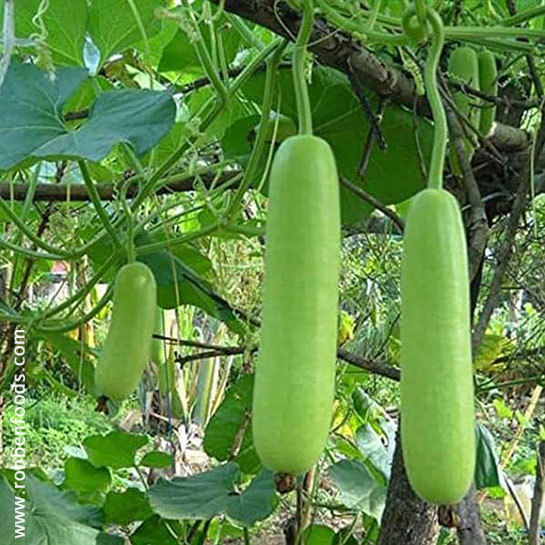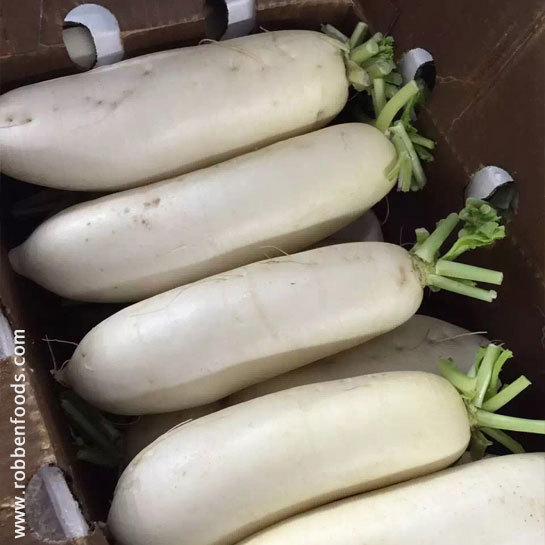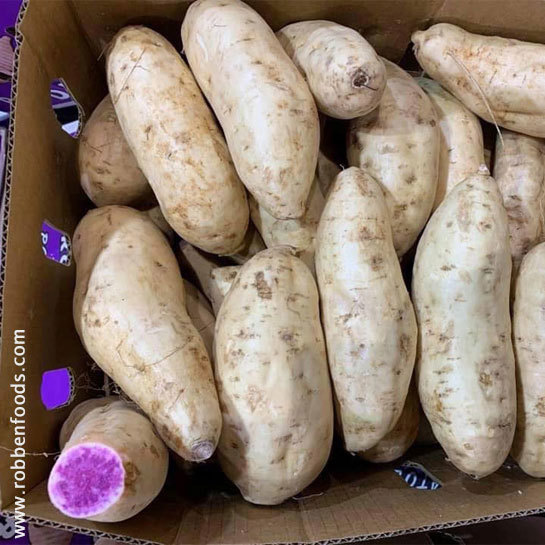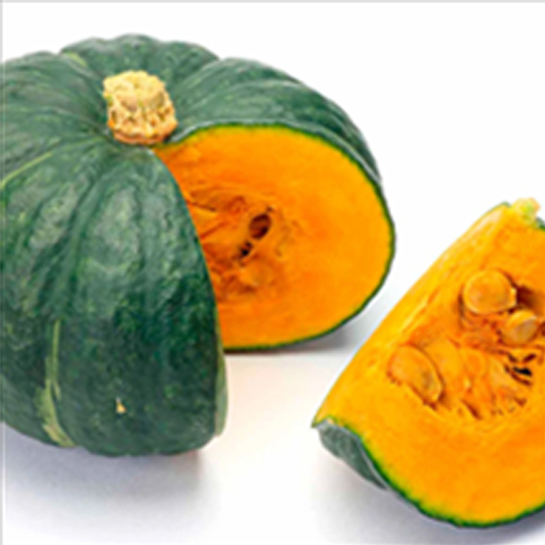While daikon may share similarities in appearance with carrots, its taste is distinct and refreshing.
Daikon, also known as lok bok in some Asian cuisines, is a versatile and beloved root vegetable that holds a significant place in Asian culinary traditions. With its long and tubular shape, daikon resembles a larger version of a radish, but its taste and texture set it apart. The word "daikon" originates from the Japanese language, where "dai" means "big" or "great," and "kon" refers to "root," giving it the literal translation of "big root."
This robust vegetable is a staple in various Asian dishes, adding a unique flavor profile and satisfying crunch to meals. While daikon may share similarities in appearance with carrots, its taste is distinct and refreshing. Described as mildly sweet and juicy with a slightly spicy, peppery bite, daikon brings a delightful contrast to many recipes.
The culinary applications of daikon are diverse and span numerous cuisines, from Japanese and Chinese to Korean and Vietnamese. It is commonly used in stir-fries, soups, pickles, and salads, as well as grated and served as a condiment. Daikon's crisp texture and ability to absorb flavors make it a favorite ingredient for adding depth to various dishes.
If you're unable to find daikon radishes in your local grocery store or farmers market, a suitable alternative is jicama, another root vegetable. While jicama differs in taste, offering a sweet flavor, its crisp and watery bite, along with its starchy mouthfeel, provides a comparable textural experience to daikon.
Whether you're exploring the vibrant world of Asian cuisine or looking to diversify your vegetable repertoire, daikon, or lok bok, is an excellent addition to your culinary adventures. Its versatility, distinct flavor, and rich cultural significance make it a prized ingredient cherished by cooks and food enthusiasts alike.
#daikon #radish #squash



